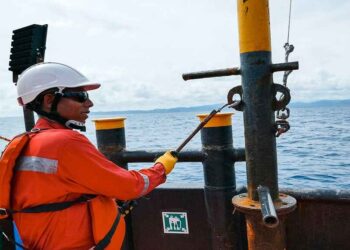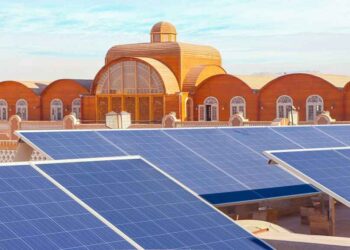TEHRAN, Iran (AP) — The fighting between Iraqi troops and Islamic State militants will delay even further the planned start of Iranian natural gas exports to neighboring Iraq, Iran’s oil minister was quoted as saying Wednesday.
Oil Minister Bijan Zanganeh said the pipeline, which is still under construction on the Iraqi side, goes partly through territory now controlled by the Islamic State group.
The extremist group carried out a blitz this summer, seizing much of Iraq’s north and west and is now battling with Iraqi forces, backed by U.S. airstrikes, who are trying to take back lost ground.
Pipeline workers, mainly Iranians, have come under attack several times, especially in Iraq’s Diyala province, which has disrupted work, he said.
“The upheaval in Iraq is postponing the exports,” Zanganeh was quoted as saying. He did not say when the pipeline may be finished or when it could go online.
Meanwhile, Iranian oil official Nasser Sajjadi said that Iran exported more than 100 million liters (26.42 million gallons) of diesel fuel from August 2013 to August 2014 to Iraq to feed its power plants.
He said the export was done by trucks and the two countries are discussing a draft agreement under which Iran will export some 900 million liters (237.76 million gallons) of diesel fuel to Iraq in future.
Under a 2012 agreement, Iran was to start exporting gas to Iraq in 2014 through the new pipeline, which is to feed three power plants in Iraq. There was also talk of a second pipeline, to the southern Iraqi city of Basra and in 2013, Iraq approved the construction of a $10 billion Iranian natural gas pipeline across its territory that will connect Iran to key ally Syria.
After Russia, Iran has the world’s second-largest natural gas reserves, though nearly 90 percent of its production is consumed domestically. It exports gas to Turkey and imports gas from Turkmenistan.
Tehran has looked to those vast natural gas reserves and refined petrochemical products to bypass U.S.-led sanctions over Tehran’s nuclear program. The sanctions have concentrated on Iran’s oil exports and other measures, such as blocking access to international banking networks.

















































